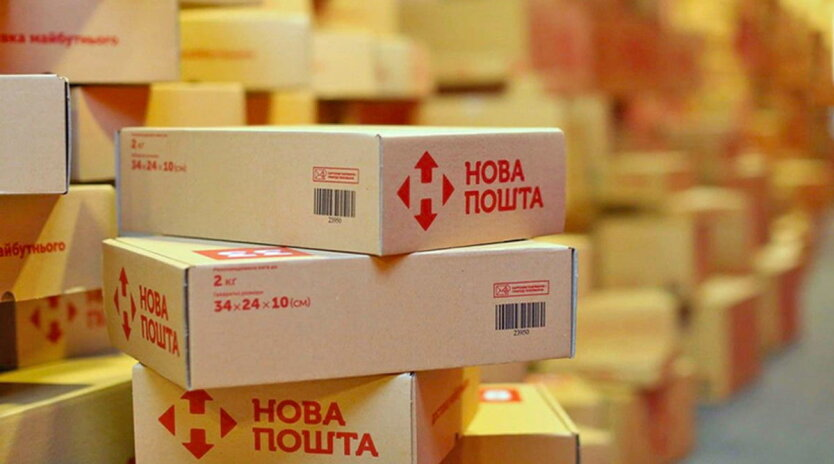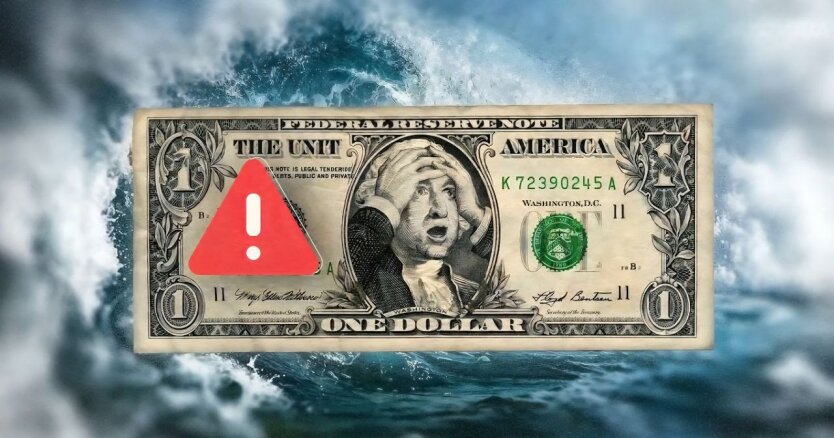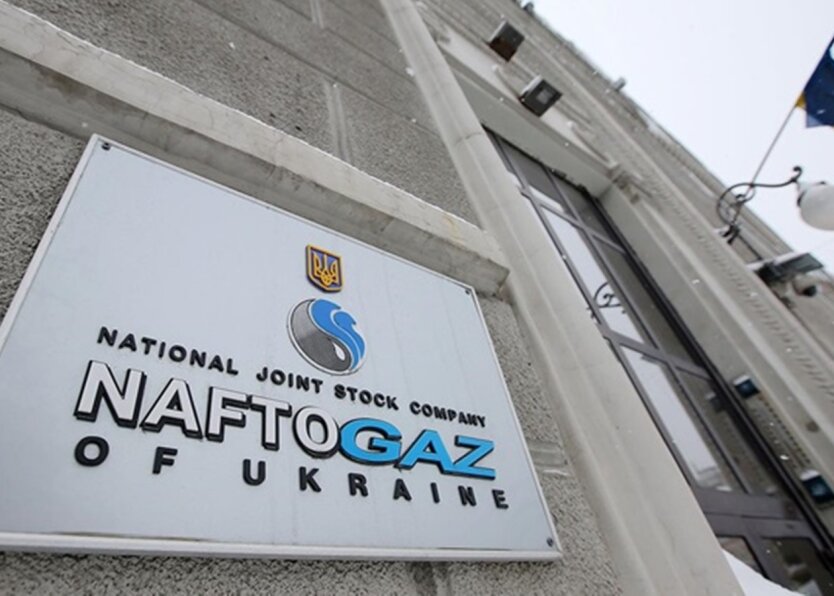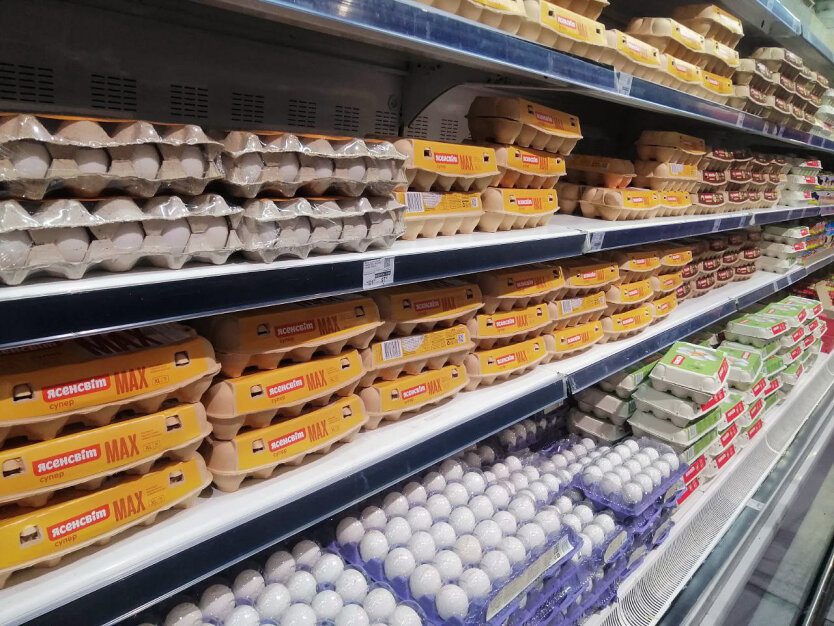Nova Poshta addresses customers about prohibited shipments abroad: important rules.


Nova Poshta updated the list of prohibited goods for international shipments
The company 'Nova Poshta' has announced an updated list of items that are prohibited from being sent abroad. The company reminds customers of the strict restrictions imposed by international legislation and customs control rules.
According to the official announcement on the company’s website, a wide range of goods cannot be sent.
In particular, it is forbidden to send any food products, including both unprocessed and processed items intended for human consumption. The shipment of medicines, including vitamins and dietary supplements, is also prohibited.
Particular attention is drawn to the prohibition of sending valuables: cash, bank metals, precious stones, jewelry, antiques such as items older than 100 years, original works of art, and cultural valuables.
The list of prohibited goods also includes alcoholic beverages, tobacco products, perfumes containing alcohol, aerosol cans, military goods, weapons of any type, live animals and plants, pornographic materials, and counterfeit products.
The company 'Nova Poshta' offers customers the option to arrange international shipments at branches or online, with insurance coverage up to 44 euros. For more detailed information about prohibited goods, the company advises referring to the official documentation on its website.
Previously, 'Nova Poshta' announced its expansion in Poland and the launch of a delivery service through parcel machines in the United Kingdom.
Read also
- Apartment as a safety cushion: a new trend in the real estate market has emerged in Ukraine
- Rain and thunderstorms will again cover Ukraine: meteorologist Didenko warned about another wave of bad weather
- Double blow to the hryvnia: Analyst explained why the dollar and euro exchange rate will rise sharply
- Naftogaz explained to Ukrainians how to avoid gas debts
- PFU Simplifies Access to Payment Data: A Guide for Pensioners
- Sunflower oil and eggs are getting more expensive again: what is happening with prices in supermarkets










